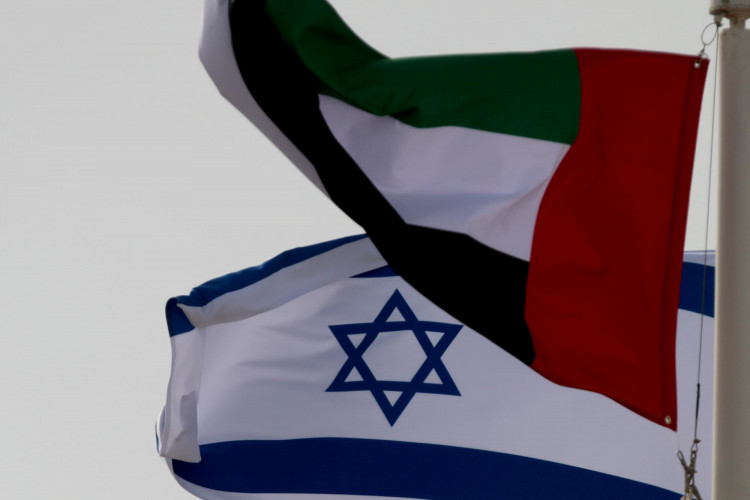On November 30, the Israeli military confirmed the extension of its temporary ceasefire with Hamas for an additional 24 hours, with the possibility of reaching a more enduring agreement.
The agreement, reached in the final minutes, extended the initially planned four-day ceasefire that was set to expire on November 27 by two days.
Under the terms of the agreement, for every Israeli hostage released by Hamas, Israel would free three Palestinian prisoners, with both sides listing proposed releases daily. So far, the released Israeli hostages have primarily been women and minors. Additionally, 21 hostages with foreign nationalities have been freed through separate negotiations.
As of November 29, 161 Israeli hostages remained in Gaza, including 126 men and 35 women, with four under 18 and ten over 75. Mustafa Barghouti, a member of the Palestinian Legislative Council, revealed that about 8,000 Palestinians are in Israeli prisons, 3,200 of whom were arrested after the escalation of the Israel-Palestine conflict on October 7.
The key to continuing the ceasefire agreement lies in the hostage issue. Israel hopes for the swift release of the dozens of soldiers captured by Hamas.
Hamas, on the other hand, seeks a comprehensive agreement with Israel to exchange all Israeli hostages for all Palestinian prisoners. Negotiations for the further release of Israeli civilian men and soldiers are still in the preliminary stages. An Israeli official involved in the talks stated that Hamas' demands would not be considered until all women and children are released.
Both Israeli and Hamas officials have emphasized their willingness and capability to continue hostilities. Hamas' armed wing, the Qassam Brigades, ordered its soldiers to remain on high alert in the final hours of the ceasefire. Daniel Hagari, a spokesperson for the Israel Defense Forces, stated that the Israeli military's top brass had approved plans for the next strikes. Hagari's posts on social media showed Israeli military leaders discussing attack plans and reviewing routes.
Prime Minister Netanyahu maintained a firm stance, reiterating three goals since the conflict escalated on October 7: the elimination of Hamas, urging Hamas to return all hostages to Israel, and ensuring that the Gaza Strip no longer poses a threat to Israel. He added that Israel would clearly resume attacks after the repatriation of hostages.
A reignition of hostilities could lead to a more severe humanitarian crisis in the Gaza Strip.
Omar Bartov, a professor of Holocaust and Genocide Studies at Brown University, wrote in The Guardian that without clear political objectives, the war and its destruction will continue. Israel should declare its pursuit of a peaceful solution, which should be positively responded to by the Palestinian leadership, before both sides can stop the mutual killings and return all hostages.
Bartov added that governments worldwide should pressure Israel to stop occupying another nation and seek creative solutions for coexistence, whether through a two-state, one-state, or federal decentralized system, to ensure dignity, equality, justice, and freedom for all.
As the rotating president of the UN Security Council for November, China continues to call for a comprehensive ceasefire to prevent the conflict from spreading. On November 30, China urged the Security Council to set a specific timetable and implementation plan for a two-state solution to achieve a comprehensive, fair, and lasting resolution of the Palestinian issue. At a high-level Security Council meeting on the Israel-Palestine conflict held in New York the previous day, Chinese Foreign Minister Wang Yi urged both sides to fully cease fire to prevent the conflict from spreading throughout the Middle East.
On the same day, Jordan, Israel's neighbor, will host an international meeting to coordinate humanitarian aid to Gaza. Representatives from major UN agencies involved in Gaza aid, non-governmental organizations, Western countries, and Arab nations are expected to attend the meeting.




